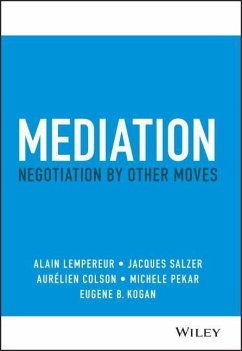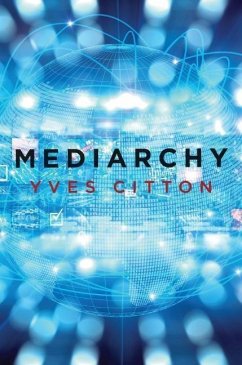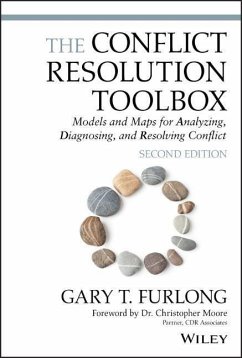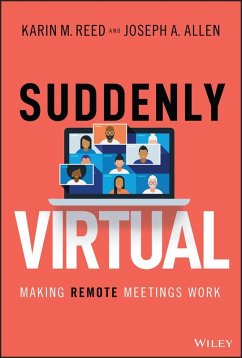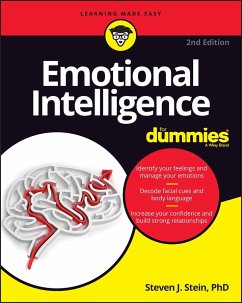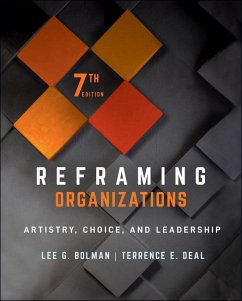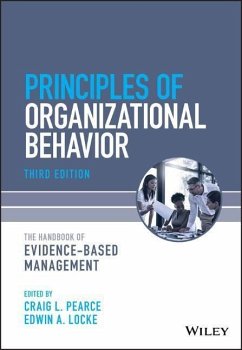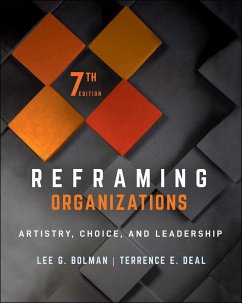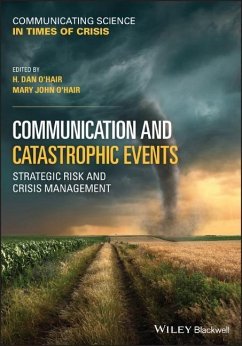Nicht lieferbar
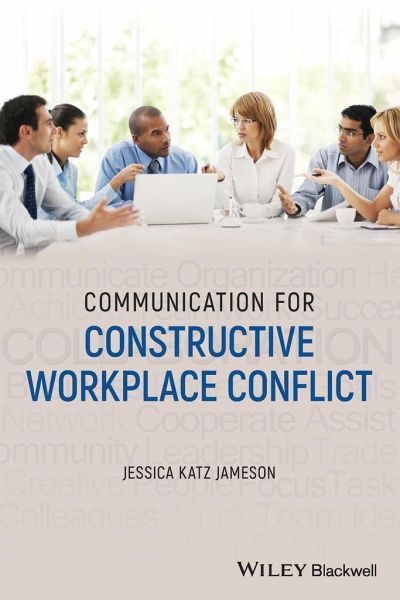
Communication for Constructive Workplace Conflict
A unique textbook for students or professionals across a range of disciplines offering a novel approach to conflict communicationCommunication for Constructive Workplace Conflict describes how daily human behavior and communication can contribute to collaborative conflict management in any organization. Using the LEARN (Listening, Engaging, Acknowledging, Rapport, and Nurturing) communication framework, this practical textbook explains, analyzes, and critiques a range of individual responses to workplace friction, offers evidence-based communication strategies for effectively managing conflict...
A unique textbook for students or professionals across a range of disciplines offering a novel approach to conflict communication
Communication for Constructive Workplace Conflict describes how daily human behavior and communication can contribute to collaborative conflict management in any organization. Using the LEARN (Listening, Engaging, Acknowledging, Rapport, and Nurturing) communication framework, this practical textbook explains, analyzes, and critiques a range of individual responses to workplace friction, offers evidence-based communication strategies for effectively managing conflicts, and promotes a philosophy that builds an environment that invites active participation rather than avoidance and silence.
Designed for courses teaching organizational communication and conflict management, Communication for Constructive Workplace Conflict draws directly from the author's 25 years of experience performing conflict research in numerous corporations, hospitals, public agencies, multi-sector laboratories, and non-profit organizations. Following the intuitive LEARN model, readers are provided with the theoretical and empirical support for managing conflicts as they emerge and creating an environment for more productive conflict in real-world scenarios. Throughout the text, concise and accessible chapters integrate key literature from disciplines including Communication, Management and Negotiation, Political Science, Psychology, and Public Administration to illustrate the impact the larger organizational context has on communication, conflict, and the social environment within organizations.
_ Offers practical implications for communication in daily activities in ways that support trust-building and positive relationships
_ Presents a framework based on the Communication as Constitutive of Organization (CCO) model,
_ Contains theoretical and research-based explanations and diverse case studies to provide practical guidance for organizational members at all levels
_ Reinforces the LEARN model with engaging, class-tested activities that allow students to practice constructive conflict communication
_ Examines the impact of societal trends and how each individual's communication either promotes or impedes collaboration and constructive conflict interaction
Featuring timely discussion of the impact of social distancing due to the COVID-19 pandemic and the roles of social media and online dispute resolution, Communication for Constructive Workplace Conflict is an excellent textbook for upper-level undergraduate and graduate students new to the field of conflict studies or organizational communication, a valuable supplement for students of management, organizational psychology, and public administration, and a useful reference for professional mediators, consultants, trainers, and managers.
Communication for Constructive Workplace Conflict describes how daily human behavior and communication can contribute to collaborative conflict management in any organization. Using the LEARN (Listening, Engaging, Acknowledging, Rapport, and Nurturing) communication framework, this practical textbook explains, analyzes, and critiques a range of individual responses to workplace friction, offers evidence-based communication strategies for effectively managing conflicts, and promotes a philosophy that builds an environment that invites active participation rather than avoidance and silence.
Designed for courses teaching organizational communication and conflict management, Communication for Constructive Workplace Conflict draws directly from the author's 25 years of experience performing conflict research in numerous corporations, hospitals, public agencies, multi-sector laboratories, and non-profit organizations. Following the intuitive LEARN model, readers are provided with the theoretical and empirical support for managing conflicts as they emerge and creating an environment for more productive conflict in real-world scenarios. Throughout the text, concise and accessible chapters integrate key literature from disciplines including Communication, Management and Negotiation, Political Science, Psychology, and Public Administration to illustrate the impact the larger organizational context has on communication, conflict, and the social environment within organizations.
_ Offers practical implications for communication in daily activities in ways that support trust-building and positive relationships
_ Presents a framework based on the Communication as Constitutive of Organization (CCO) model,
_ Contains theoretical and research-based explanations and diverse case studies to provide practical guidance for organizational members at all levels
_ Reinforces the LEARN model with engaging, class-tested activities that allow students to practice constructive conflict communication
_ Examines the impact of societal trends and how each individual's communication either promotes or impedes collaboration and constructive conflict interaction
Featuring timely discussion of the impact of social distancing due to the COVID-19 pandemic and the roles of social media and online dispute resolution, Communication for Constructive Workplace Conflict is an excellent textbook for upper-level undergraduate and graduate students new to the field of conflict studies or organizational communication, a valuable supplement for students of management, organizational psychology, and public administration, and a useful reference for professional mediators, consultants, trainers, and managers.





